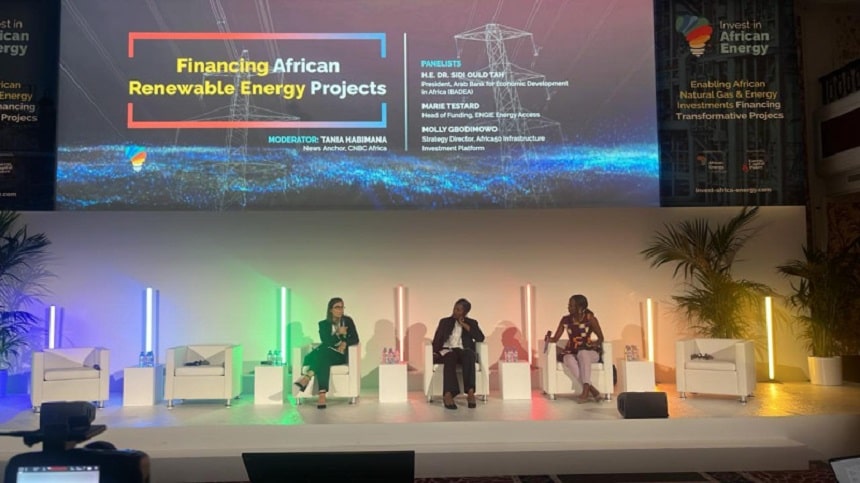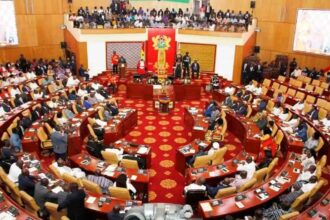Africa possesses an abundant solar energy potential, representing 60% of the world’s prime solar resources. This offers lucrative opportunities for investors interested in sustainable and long-lasting financial ventures.
At the Invest in African Energy (IAE) 2024 forum held in Paris on May 14, a panel discussion centered on strategies to attract financing for renewable energy projects continent-wide.
ENGIE Energy Access, an independent power producer, participated in the session and emphasized their commitment to enhancing electrification rates in Africa. They are currently developing a $60 million mini-grid project in Nigeria, slated for completion by 2026, aiming to connect over 150,000 individuals to the electricity grid.
Marie Testard, Head of Funding at ENGIE Energy Access, highlighted their ambition to address the energy deficit in sub-Saharan Africa, stating their presence in nine countries and the development of nearly 10 GW of mini-grids.
Africa50 Group, a pan-African infrastructure investment platform, secured $222.5 million from African institutional investors earlier in the year.
With this capital, they are well-equipped to implement a series of renewable energy infrastructure projects, thus contributing to the continent’s energy requirements and fostering inclusive and sustainable development.
Molly Gbodimowo, Strategy Director at Africa50 Infrastructure Investment Platform, underscored Africa’s vast renewable energy resources, particularly its high solar potential, but noted the limited installed solar capacity of 5 GW. To achieve the continent’s 2030 Sustainable Development Goals, an estimated $277 billion per year is needed.
The speakers emphasized the significance of public-private partnerships and innovative financing mechanisms in propelling renewable energy initiatives. They stressed the importance of fostering a conducive investment climate and involving local institutions in Africa.
Furthermore, achieving a more sustainable future for Africa requires concerted efforts from international stakeholders in the energy sector. This entails divesting from carbon-intensive resources and transitioning towards renewable energy sources.















